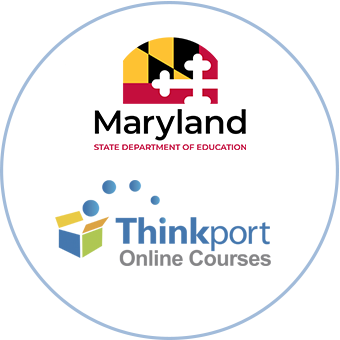Youth Unleashed
Exploring the vibrant voices and trends shaping the youth culture today.
Courses That Make You Question Your Old Degree
Discover courses that challenge your old degree and open new career paths. Transform your future today!
What Courses Challenge Traditional Degrees?
As the landscape of education evolves, alternative courses are emerging that challenge traditional degree programs by providing specialized skills and hands-on experience. These programs often emphasize practical knowledge over theoretical learning, appealing to those seeking a quicker path to employment. For example, bootcamps in coding, data science, and UX/UI design are rapidly gaining popularity, allowing students to immerse themselves in intensive training for a few months rather than spending years in a conventional college setting.
Moreover, some innovative platforms now offer micro-credentials and certificate programs that allow individuals to gain recognition for specific skill sets without the commitment of a full degree. Fields such as digital marketing, project management, and cybersecurity are particularly ripe for growth through these courses. By adopting a learner-centric approach, these options provide flexibility and accessibility, enabling learners to tailor their educational journeys to meet the demands of a rapidly changing job market.

Top 5 Alternative Programs That Might Change Your Career Path
In today's fast-paced job market, many professionals are exploring alternative programs that can serve as a catalyst for career change. Traditional education routes often require significant time and financial investment, leading individuals to seek out more flexible and targeted options. Here, we outline the top 5 alternative programs that may not only enhance your skill set but also reshape your career trajectory, offering new opportunities and potential for growth.
1. Coding Bootcamps - These intensive training programs equip learners with essential programming skills within a matter of months, allowing quick transitions into tech roles.
2. Online Coursera Specializations - With access to courses from top universities, you can tailor your learning to specific industries or skills.
3. Trade Schools - Focusing on practical skills, trade schools provide hands-on training for in-demand professions, from plumbing to welding.
4. Certification Programs - Fields like project management and digital marketing offer certifications that can bolster your resume significantly.
5. Mentorship and Networking Platforms - Engaging with a mentor can provide personalized guidance, while networking platforms can open doors to opportunities in your desired field.
Is Your Degree Outdated? Explore Courses That Offer Modern Skills
In today's fast-paced job market, the relevance of your degree can rapidly diminish. As industries evolve and technology advances, many graduates find themselves questioning whether their education aligns with the skills employers are seeking. To assess if your degree is outdated, consider the current job listings in your field and identify the skills that are in demand. You might find that the foundational knowledge from your degree is still valuable, but additional skills are necessary to stay competitive.
If you determine that your degree is outdated, don't worry—there are numerous courses designed to equip you with modern skills. Here are some key areas to explore:
- Data Analysis: Courses in data science, analytics, and statistics can help you interpret data trends effectively.
- Digital Marketing: With the rise of online business, understanding SEO, content marketing, and social media strategies is crucial.
- Coding and Software Development: Learning programming languages and software development basics can open doors in various tech fields.
By embracing lifelong learning and pursuing relevant courses, you can enhance your skill set and remain competitive in today's dynamic job market.